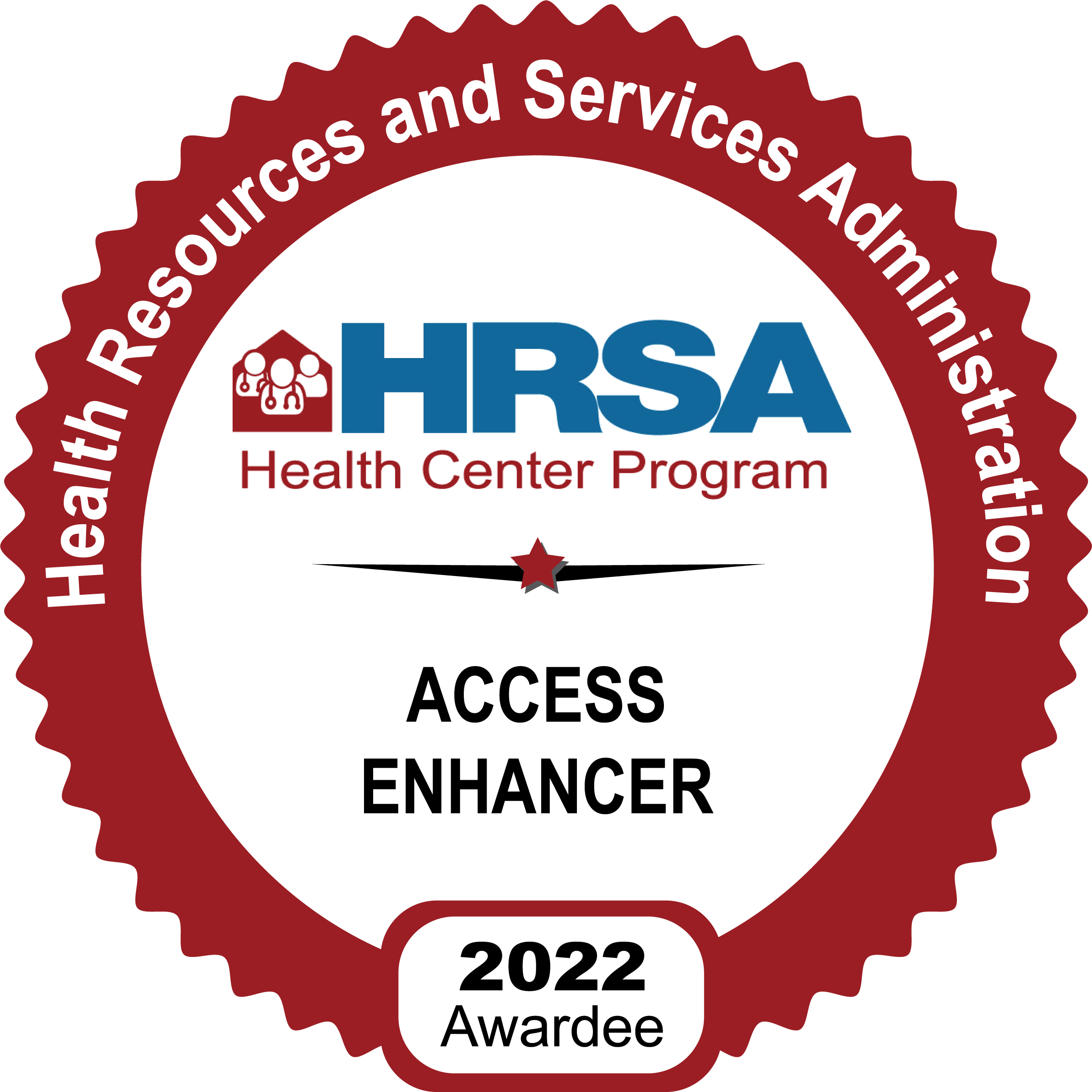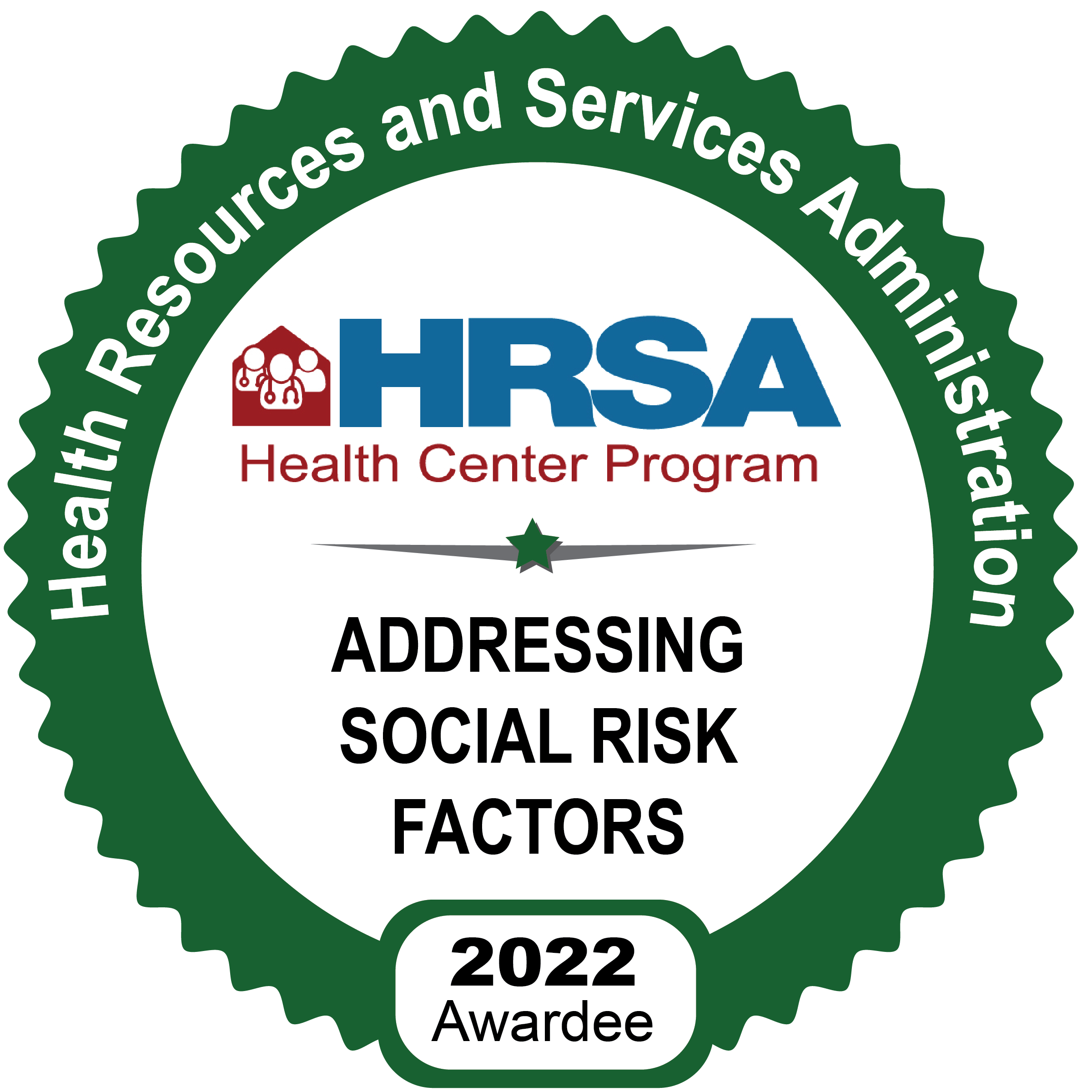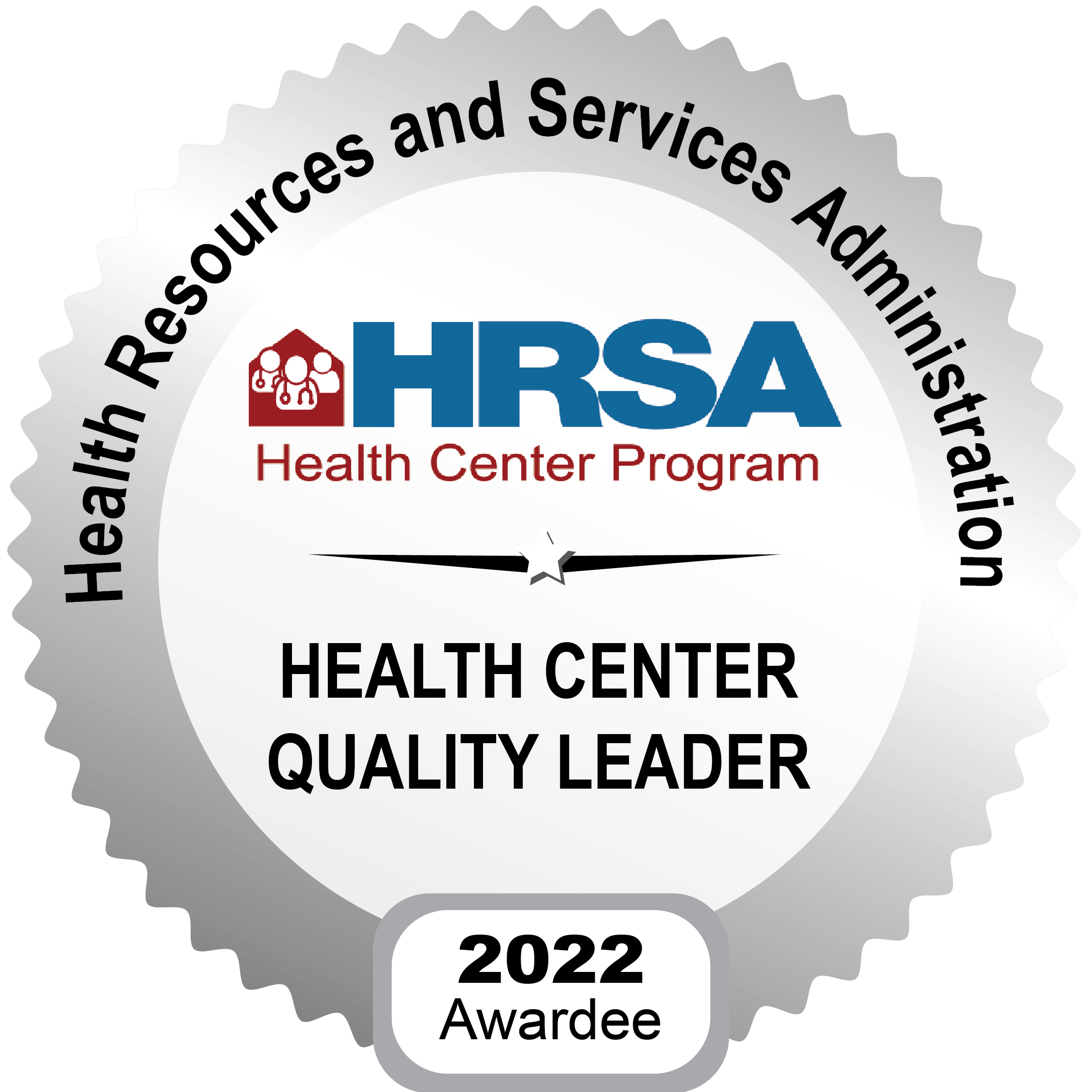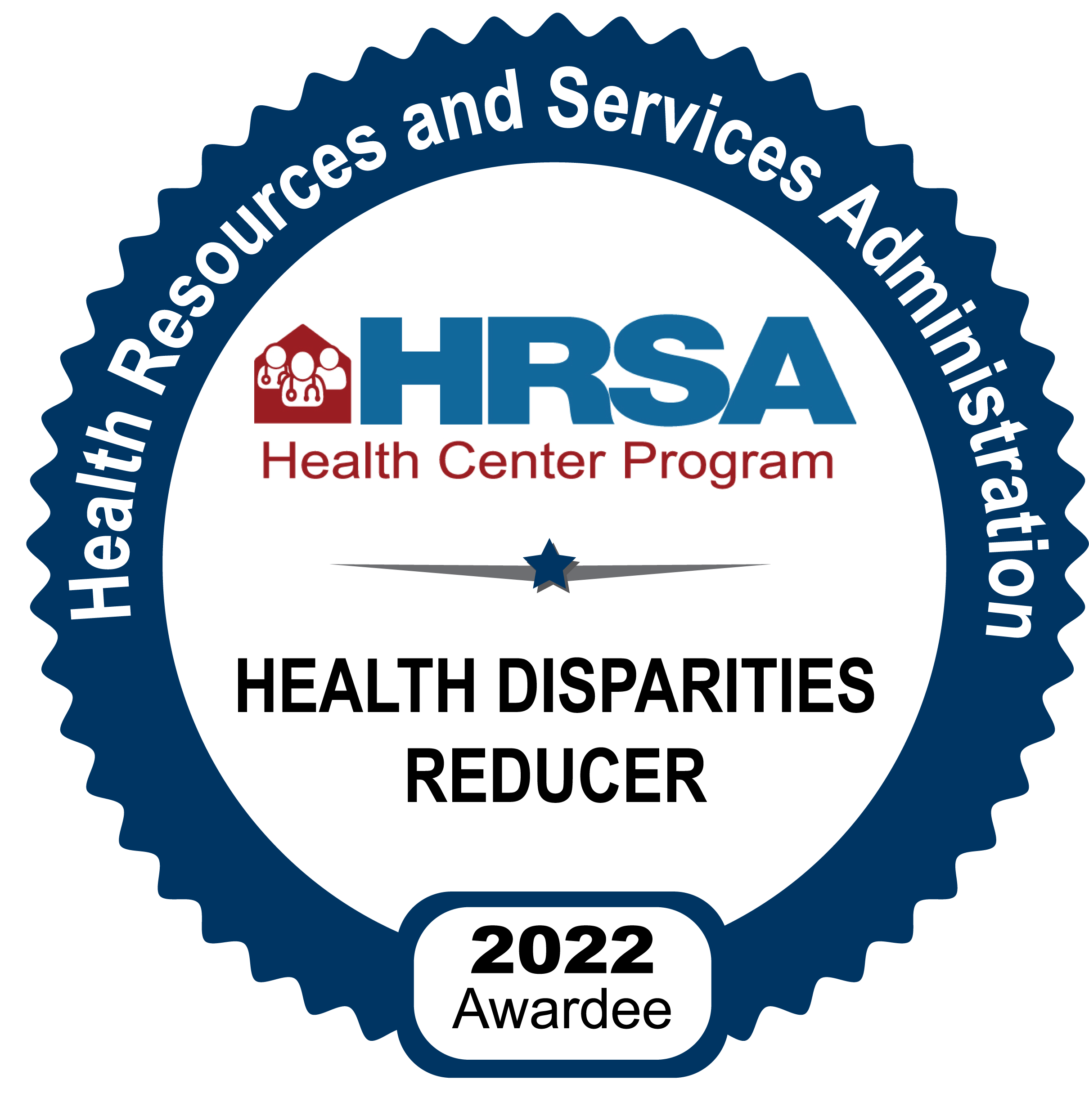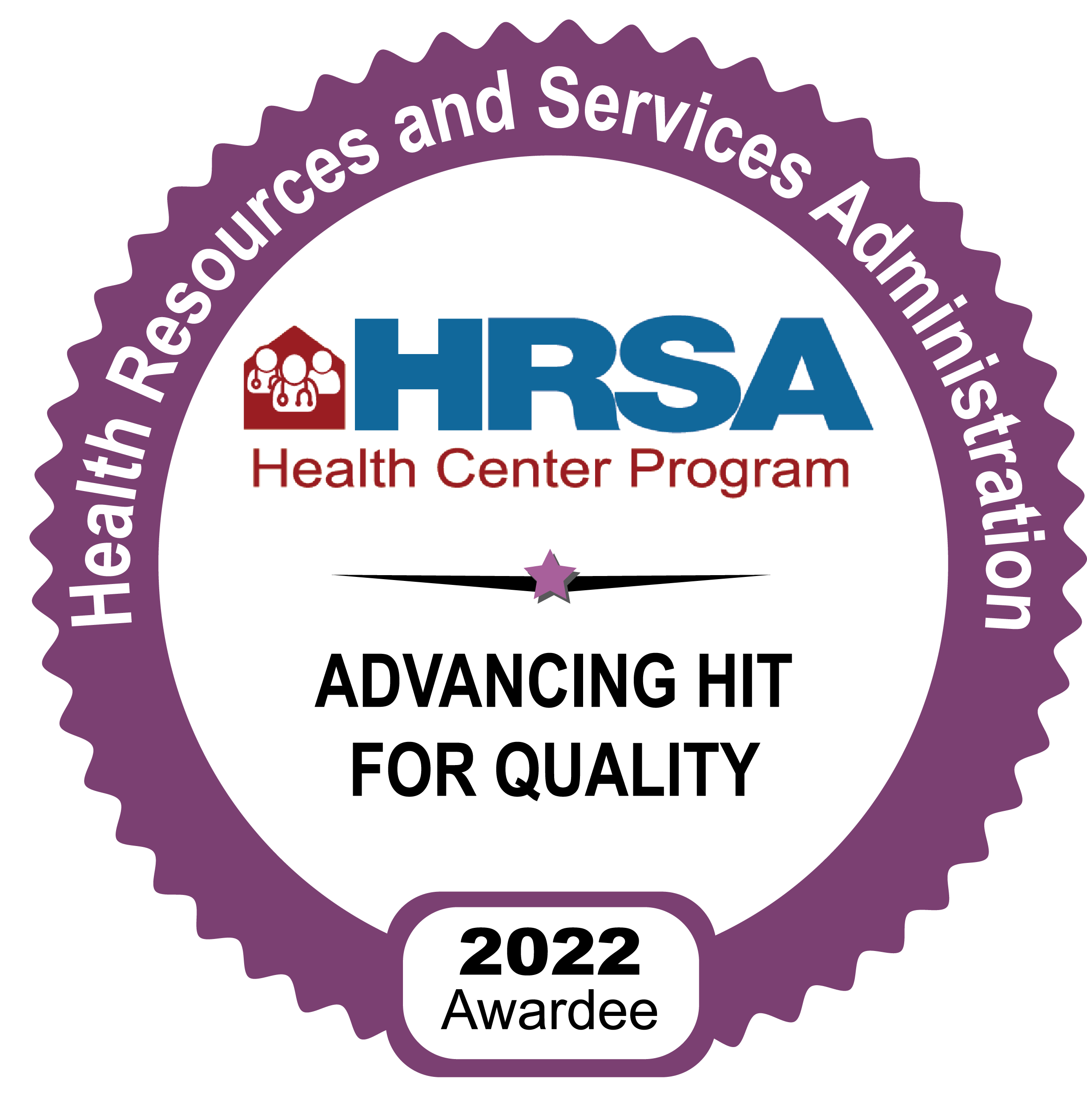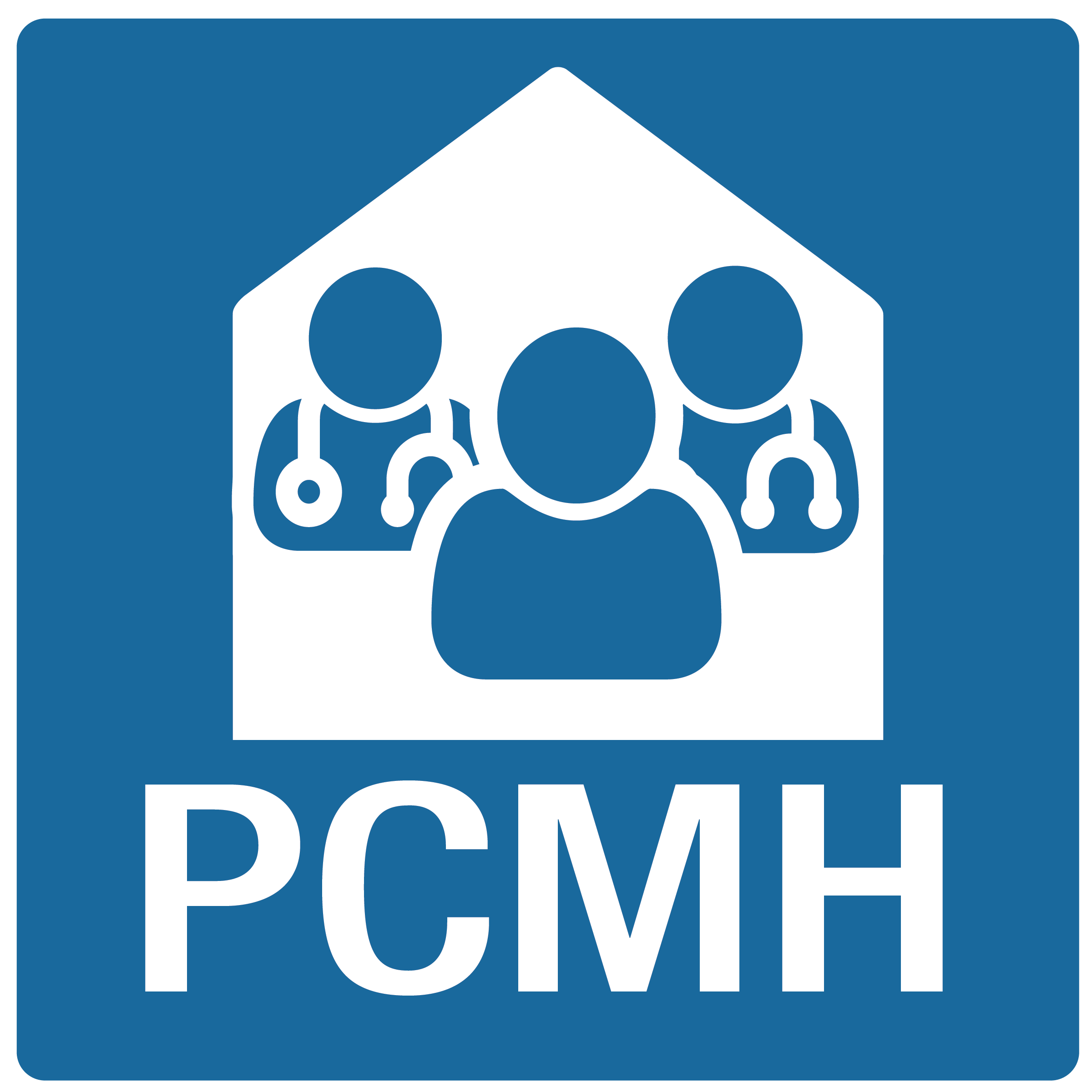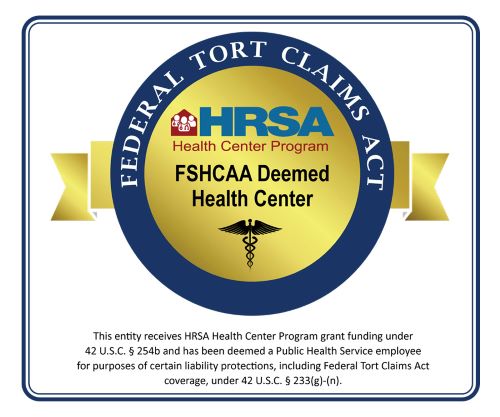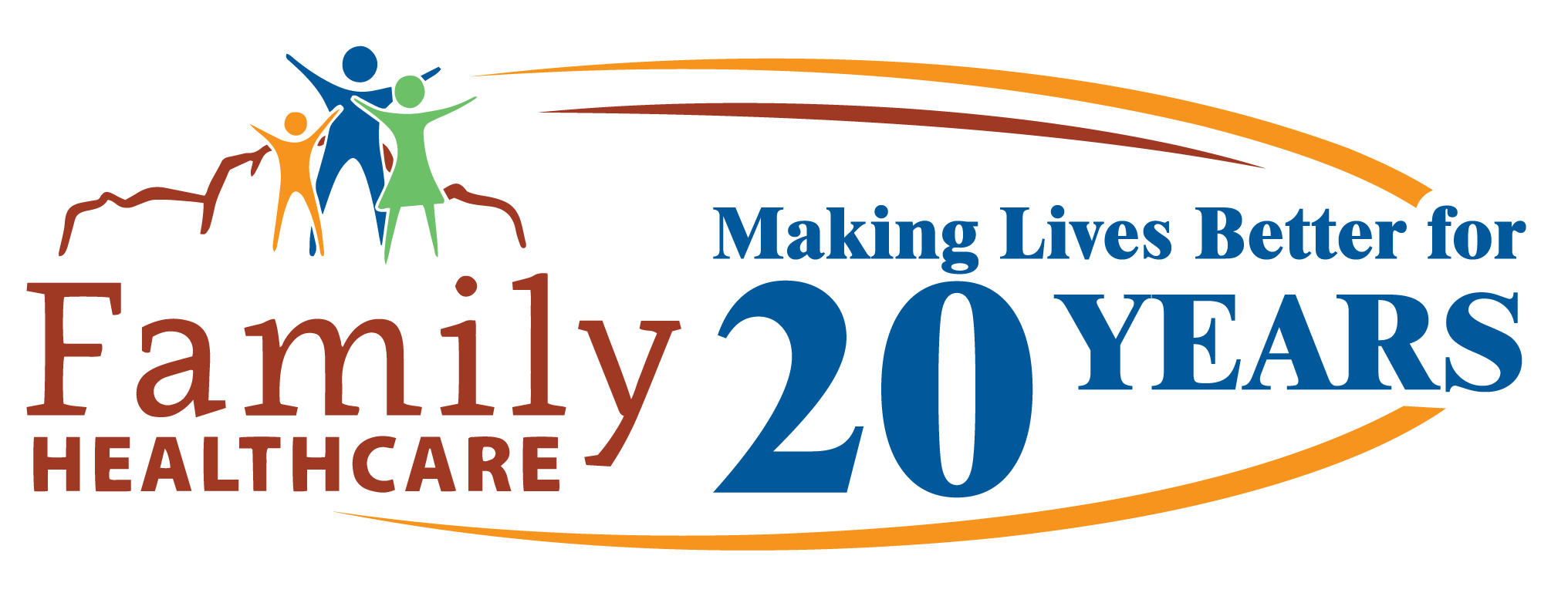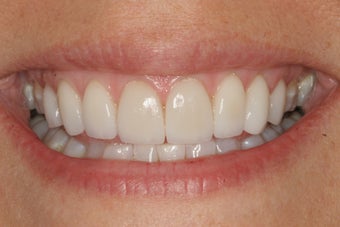Dental care
Welcome to Family Healthcare Dental
Family Healthcare’s integrated healthcare approach includes two full-service dental clinics, offering affordable, high-quality, compassionate, barrier-free dental services, to individuals and families, regardless of financial circumstances. And if the patient prefers, it’s possible to receive dental, medical, behavioral care in one visit to Family Healthcare. All services are offered in English and Spanish.
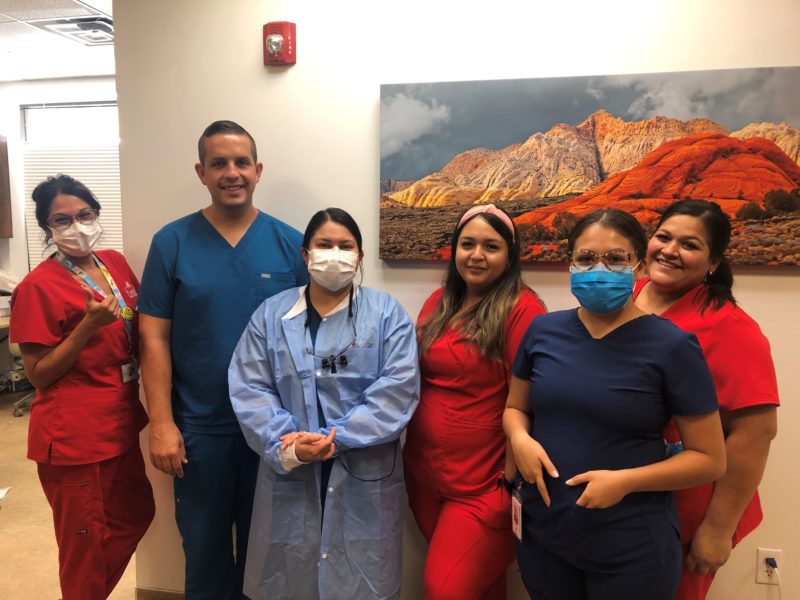
Family Healthcare Dental Services
Dental Exams and Cleaning:
Regular dental exams are a critical part of preventive health care.
Dental exam:
The dentist or hygienist will clean your teeth and check for cavities and gum disease. The exam includes evaluating your risk of developing other oral problems and checking your face, neck and mouth for abnormalities. A dental exam might also include dental X-rays (radiographs) or other diagnostic procedures. Your dentist or hygienist will likely discuss your diet and oral hygiene habits and might demonstrate proper brushing and flossing techniques. Other topics might include lifestyle factors that can affect oral health and possible cosmetic improvements to your teeth.
Cleaning:
Helps control the bacteria in the mouth that are responsible for causing ‘bad breath’. Though brushing and flossing the teeth regularly can help keep the breath fresh, a professional dental cleaning every 6 months is also important for maintaining oral health.
Knowing what is going on during the dental cleaning process can help reduce your stress and all you to enjoy the minty-fresh results.
Here are the steps the dental hygienist takes in the dental cleaning procedure:
- Exam – the hygienist uses a small mirror to do a physical exam of your entire mouth while checking your teeth and gums for inflammation or other potential oral health concerns.
- Removing plaque and tartar – using the mirror to guide them, the hygienist uses a hand tool called a ‘scaler’ to loosen and remove plaque and tartar build-up around the gum line, as well as in between the teeth. Regular brushing and flossing at home stops plaque from building up and hardening into tartar. Once you have tarter, you can only have it removed at your dentist’s office.
- Cleaning and polishing – after your teeth are completely tartar-free, the hygienist brushes and deep cleans them with a high-powered electric brush. This will remove any tartar left behind by the scaler. The toothpaste used by the hygienist has a gritty consistency, which gently scrubs your teeth. This polishing of the teeth is deemed safe to do twice a year in order to preserve tooth enamel.
- Flossing – whether you floss regularly at home or not, nothing beats the expert flossing by a hygienist. They are trained to get deep between your teeth and locate any potential trouble spots. This second to the final step by the hygienist prepares your mouth for rinsing.
- Rinsing – next, you rinse out your mouth to get rid of any remaining debris from the cleaning. The hygienist may give you a rinse that contains a mouth wash formula.
- The final step of the cleaning process is a fluoride treatment, which helps protect against cavities for several months. The fluoride treatment is administered as a foamy gel in a mouthpiece – left in place for one minute or is applied to the teeth with a small brush. Fluoride varnish will harden when in contact with saliva, so you can eat and drink immediately afterward.
- Other steps – X-rays are normally done once a year.
Gum health:

Periodontal disease (periodontitis), more commonly known as gum disease, has long been known as the leading cause of tooth loss in adults. Protecting the health of your gums means that you are also extending the life of your teeth. This is important because after childhood you can’t grow new teeth, so it is best to take care of the set you have for life. The following will help to prevent bacterial infections or reduce inflammation and are the best ways to reduce risk of gum disease.
- Brush your teeth at least twice a day, and floss before bedtime. If you have bridges, implants, or wide spaces between your teeth, you may want to use interdental brushes – toothpick-like implements with tiny bristles at one end – to clear trapped food.
- Refrain from smoking. Smoking up to half a pack of cigarettes per day is almost three times more likely to be associated with periodontitis. Those who smoke more than this have an almost six times greater risk of periodontitis.
- A diet rich in vegetables and vegetable oils, fruits, beans, nuts, and fatty fish not only provides all the essential nutrients, but it helps suppress inflammation leading to disease.
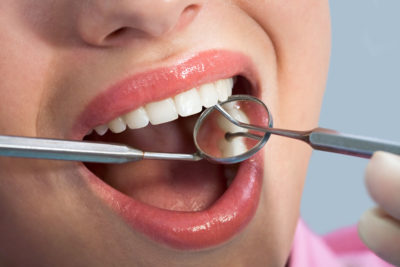
Cavities and Fillings:
Cavities are permanently damaged areas in the hard surface of your teeth that develop into tiny holes. Also called tooth decay or caries, cavities are caused by a combination of factors, including bacteria in your mouth, frequent eating without brushing, sugary drinks and foods, and improper oral hygiene habits. Left untreated they will get larger and affect deeper layers of your teeth. They can lead to severe toothache, infection and tooth loss. Regular dental visits and good brushing and flossing habits are your best protection against cavities and tooth decay.
Your dentist will want to do everything possible to preserve your teeth for long-term health and wellness. When a cavity is identified, the most successful approach is to remove the decay and fill the cavity left behind from the decay removal. The filling procedure takes around an hour in the dental office. You should expect to need X-rays of the affected teeth. The dentist will numb the area of the cavity in order to reduce discomfort during the filling procedure. They will then remove the area of decay and replace it with a filling. This takes just a few minutes. Once complete, your mouth will probably remain numb for a few more hours. There aren’t significant risks associated with filling cavities but be sure to keep the dentist’s information on had in case you have questions after the procedure.
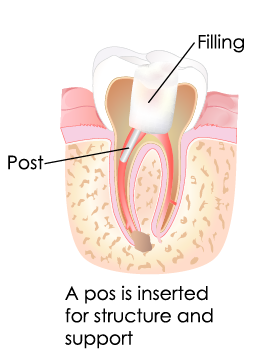
Root canals:
Root canal treatment is designed to eliminate bacteria from the infected root canal, prevent reinfection, and save the natural tooth. When you undergo a root canal, the inflamed or infected pulp is removed and the inside of the tooth is carefully cleaned and disinfected, then filled and sealed.
Millions of teeth are treated and saved this way each year, relieving pain and making teeth healthy again.
Inside your tooth, beneath the white enamel and a hard layer called dentin, is a soft tissue called pulp. This tissue contains blood vessels, nerves and connective tissue, which help grow the root of your tooth during its development. A fully developed tooth can survive without the pulp because the tooth continues to be nourished by the tissues surrounding it.
A root canal is like a routine filling and can usually be done in one or two appointments. Getting a root canal is relatively painless and extremely effective. You’ll be back to smiling, biting and chewing with ease in no time.
Patient Story
Noemi’s Story:
“My experience with Family Healthcare has always been great. The staff and doctors are very friendly to me. I received assistance to have work done on my smile line and a missing tooth. I am grateful to the clinic and the doctors because, with their help, I have regained my smile and self-confidence once again. I will return to Family Healthcare because of how well everything went.”
– Noemi’s care at Family Healthcare was funded through a generous grant made by the Delta Dental Community Care Foundation. She was shy about the idea of smiling for our camera.
La historia de Noemi:
“Mi experiencia con Family Healthcare siempre ha sido excelente. El personal y los médicos son muy amables conmigo. Recibí ayuda para hacerme un trabajo en la línea de mi sonrisa y me faltaba un diente. Agradezco a la clínica y a los médicos porque con su ayuda he recuperado la sonrisa y la confianza de nuevo. Volveré a Family Healthcare por el gran servicio que ofrecen.”
– La atención de Noemi en Family Healthcare se financió a través de una generosa subvención otorgada por la Delta Dental Community Care Foundation. Le daba vergüenza la idea de sonreír para nuestra cámara.
Family Healthcare Dental Locations
| St George |
|---|
St George Main Clinic
2276 E. Riverside Drive
St. George, UT 84790
Phone: 435-359-2165
Hours: Mon – Fri 7:00 a.m. to 5:30 p.m.
| Cedar City |
|---|
Cedar City East Clinic
245 E. 680 S.
Cedar City, UT
Phone: 435-865-1387
Hours: Mon, Tues, Thurs 8:00 a.m. to 6:30 p.m.
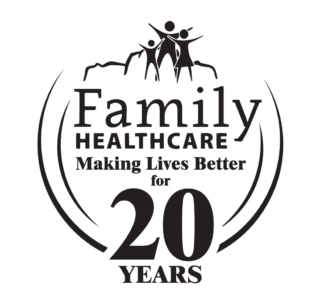
We continue to evolve Family Healthcare according to the model of the Patient Centered Medical Home (PCMH) which puts patients at the center of the healthcare system, and provides primary care that is “accessible, affordable, continuous, comprehensive, family centered, coordinated, compassionate, and culturally effective.”
We are looking for various roles across our care teams and administration. If you want to help others and make lives better through compassionate quality healthcare service delivery, then we’d love to hear from you!
HOW DID WE DO?
PLEASE LEAVE A REVIEW
